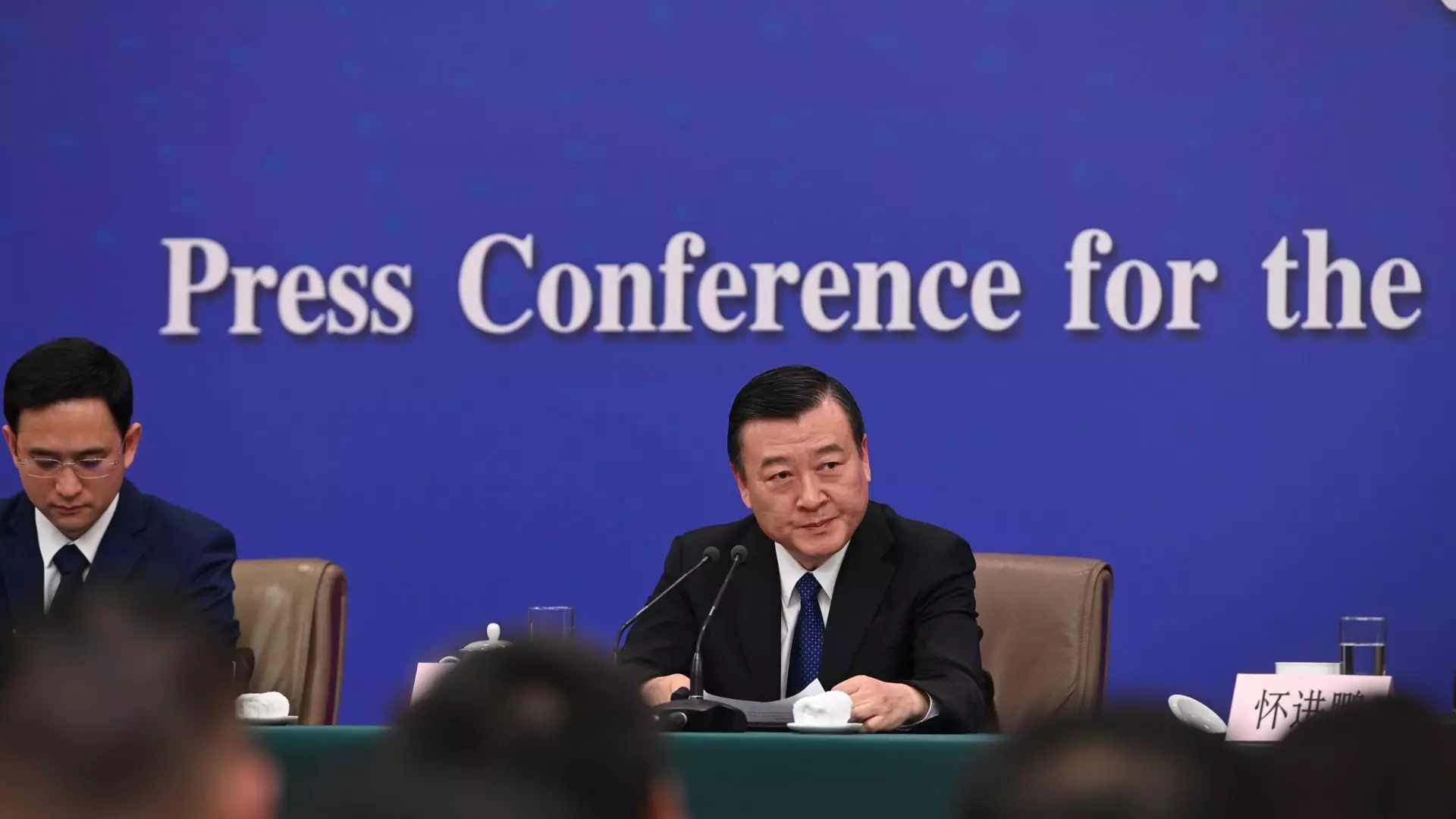China’s real estate market has been at a crossroads over the past few years, with fluctuating fortunes following a stringent crackdown on excessive debt among developers. Recently, in a bid to rejuvenate the sector and restore confidence among buyers and investors, the Ministry of Housing and Urban-Rural Development has announced significant measures, including an expansion of the “whitelist” of approved real estate projects and an increase in bank lending for unfinished developments. This new initiative has put a spotlight on the government’s strategy as it aims to stabilize the housing market and accelerate the recovery of the economy.
Understanding the “Whitelist” Initiative
Launched in January 2023, China’s “whitelist” initiative serves as a formal mechanism for city governments to propose residential projects for expedited bank financing. This approach was inevitably born out of necessity, as many real estate developments remained incomplete due to liquidity issues caused by the debt crisis that hit developers hard. The recent announcement in which Housing Minister Ni Hong revealed an increase in total approved loans from 2.23 trillion yuan to a projected 4 trillion yuan by the end of 2024 marks a pivotal moment for this strategy. All commercial housing projects are eligible, thus broadening the scope of the program significantly—a much-needed lifeline for developers facing bankruptcy.
The expansion of the whitelist comes on the heels of further measures aimed at managing the economic fallout from the real estate sector’s distress. With the backdrop of disappointing market performance, including a staggering drop of over 80% in housing prices from their 2020 peak, these measures have been characterized as “fine-tuning existing policies” rather than a comprehensive overhaul. Multiple officials, including the governor of the People’s Bank of China, Pan Gongsheng, have signaled a willingness to inject liquidity into the economy through various means, such as lowering the reserve requirement ratio and reducing down payment requirements for second-home purchases.
These initiatives underscore a persistent ambition within the Chinese government to “halt the real estate market decline.” However, some analysts argue that simply bolstering banks with liquidity or facilitating lending will not inherently stimulate significant recovery. Though the intent is to generate sales and increase property investment, meaningful results may take time and require more robust policy changes in the long run.
Market Reaction: Caution Amid Optimism
Despite the apparent commitment to stabilize the real estate market, investor sentiment remains cautious. As expectations were high for decisive measures following a series of government announcements, the subsequent reaction of the Chinese CSI 300 real estate index—a notable drop of over 5%—hints at deeper market concerns about the effectiveness of the current strategies. The volatility stemming from these shifts indicates a pervasive skepticism toward the government’s plans to reverse the trajectory of a beleaguered market.
The outlook ahead is muddied with uncertainty, as many investors and market participants struggle to reconcile their hopes for recovery with the actuality of stagnant sales volumes and home prices. Chi Lo, a senior economist at BNP Paribas Asset Management, emphasizes that there’s a lack of conviction regarding whether the proposed measures will yield tangible results, reflecting a wait-and-see attitude prevalent among investors.
In a combined effort to stimulate market demand, various local governments have implemented policies to ease homebuying restrictions and attract non-local buyers. Cities like Guangzhou have taken aggressive steps, including the elimination of all home purchase restrictions. Such moves suggest a growing realization that the previous overarching measures were inadequate in sparking a meaningful recovery.
The broader narrative remains disheartening, with new home prices continuing to decline at alarming rates, with recent reports indicating a decrease of 6.8% month-over-month in August. The stark reality is that the housing sector, once a significant contributor to China’s economic machine, faces a long road to recovery as confidence among buyers has been severely shaken.
The initiatives put forth by China’s government reflect an evolving approach to revive its troubled real estate sector. The expanded whitelist and enhanced bank lending initiatives, while essential steps, may only scratch the surface of what is necessary to restore buyer confidence and invigorate the property market. For tangible results, a multifaceted strategy addressing structural issues within the housing market will be critical. The upcoming months will be crucial in revealing whether the optimism surrounding recent policy adjustments translates into a viable recovery or if the real estate sector’s struggles will persist.

